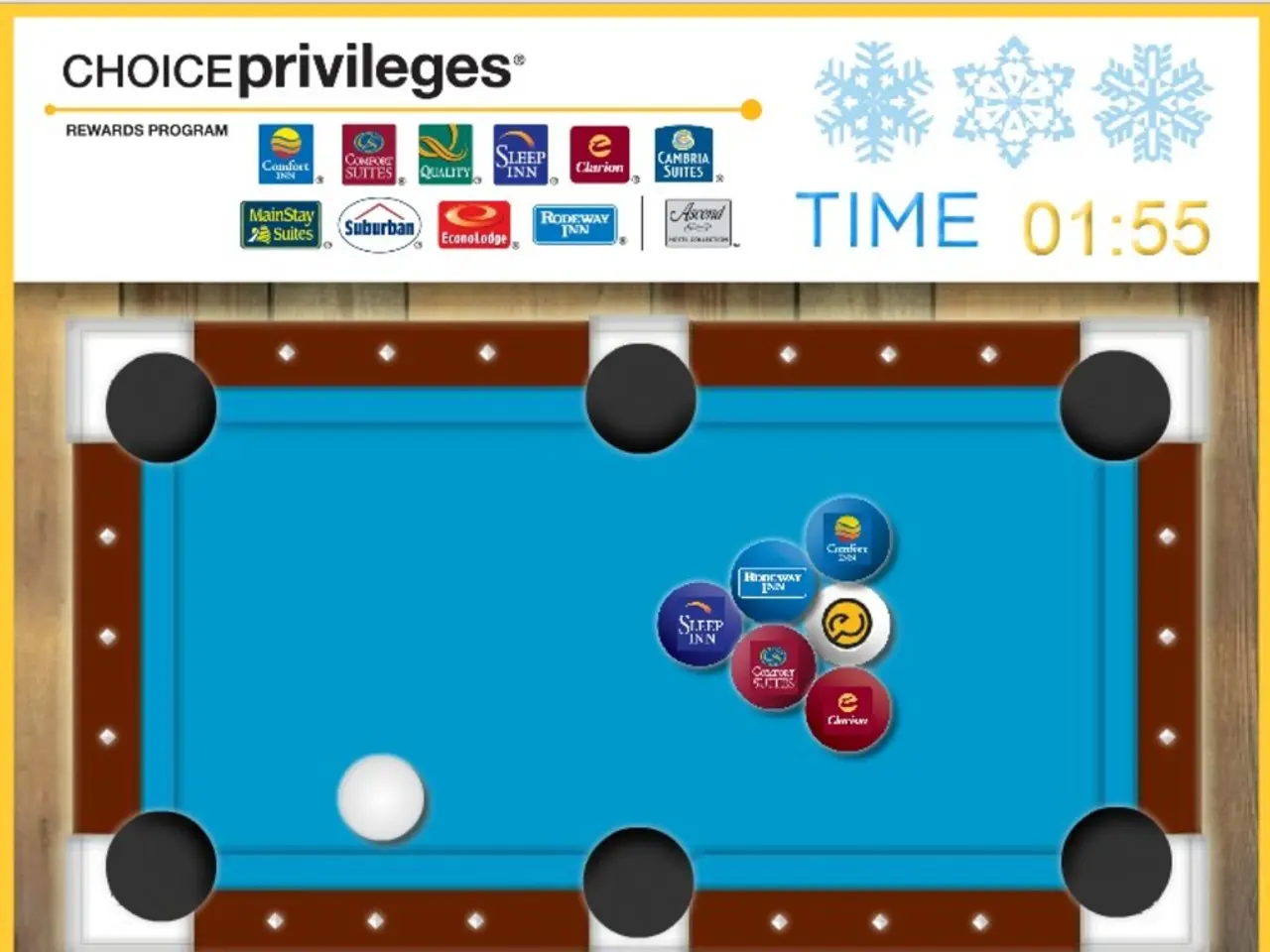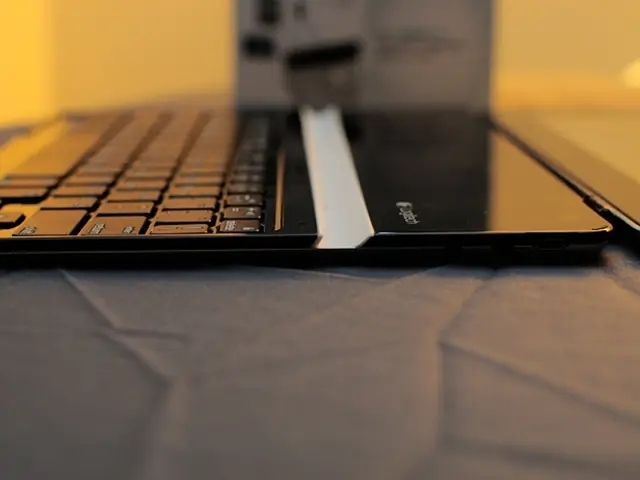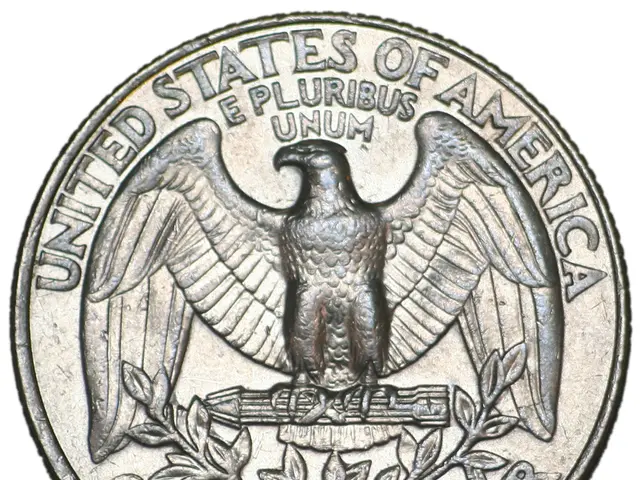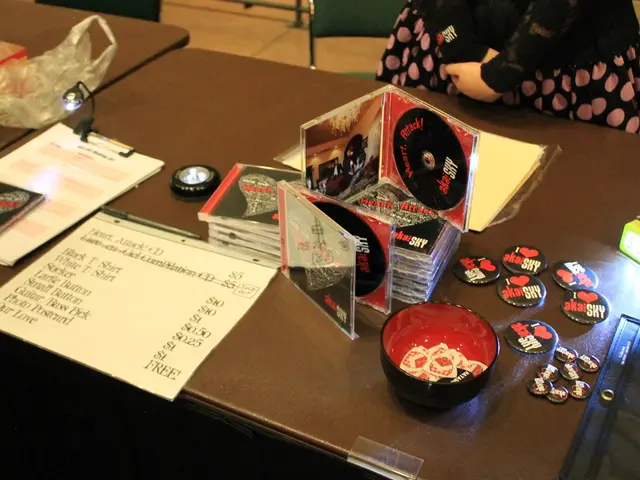Ubisoft asserts that microtransactions enhance player's enjoyment by providing them with additional satisfaction
In the world of video games, Ubisoft's recent approach to microtransactions has stirred a significant amount of debate and controversy. This controversy has been particularly noticeable in the upcoming releases of Assassin's Creed Shadows and Rainbow Six® Siege X, where microtransactions will be integrated.
Ubisoft defends these microtransactions as optional add-ons, designed to offer convenience or cosmetic customization. However, critics argue that features like XP boosts and pay-to-win mechanics undermine gameplay fairness and enjoyment, especially in single-player contexts.
The community's discontent stems from the high base prices of AAA titles like Assassin's Creed Shadows, with the addition of microtransactions perceived as a form of nickel-and-diming players. Despite ongoing criticism, Ubisoft plans to continue incorporating microtransactions in upcoming premium games, including some single-player titles, while expressing concern about maintaining fair monetization through a dedicated working group addressing monetization risks.
Ubisoft's annual financial reports underscore microtransactions as part of a long-term engagement and monetization strategy. These purchases, the company suggests, sustain game longevity and profitability. However, this stance has fueled community distrust and skepticism.
Amidst the controversy, it's important to note that microtransactions are not mandatory in Ubisoft's premium games. Players can still derive more enjoyment from the games due to monetization, as Ubisoft claims, particularly from personalizing their avatars.
However, the gaming community remains divided. While some users appreciate the added customization options, others feel that microtransactions detract from the value and enjoyment of premium games. As the debate continues, it's clear that Ubisoft's approach has been largely unpopular among players who are seeking a fair and enjoyable gaming experience without additional costs.
Meanwhile, Ubisoft has also announced its latest annual financial report, indicating the company's continued success in the gaming industry. The report does not directly address the controversy surrounding microtransactions, but it does underscore Ubisoft's commitment to delivering engaging and high-quality games to its audience.
References: [1] VentureBeat. (2022). Ubisoft's microtransaction strategy has players questioning the value of premium games. VentureBeat. https://venturebeat.com/2022/05/20/ubisofts-microtransaction-strategy-has-players-questioning-the-value-of-premium-games/ [2] Kotaku. (2022). Ubisoft's Microtransactions in Assassin's Creed Shadows Spark Outrage. Kotaku. https://kotaku.com/ubisofts-microtransactions-in-assassins-creed-shadows-1849197696 [3] Polygon. (2022). Ubisoft's financial report shows that microtransactions are a big part of the company's strategy. Polygon. https://www.polygon.com/22450655/ubisoft-financial-report-2022-microtransactions-long-term-strategy [4] PC Gamer. (2022). Ubisoft's microtransactions are the talk of the town. PC Gamer. https://www.pcgamer.com/ubisofts-microtransactions-are-the-talk-of-the-town/
Gadgets like XP boosts and cosmetic customizations are part of the microtransactions that have caused controversy in Ubisoft games such as Assassin's Creed Shadows and Rainbow Six® Siege X. Technology, in this case, plays a significant role in the implementation and integration of these microtransactions.








